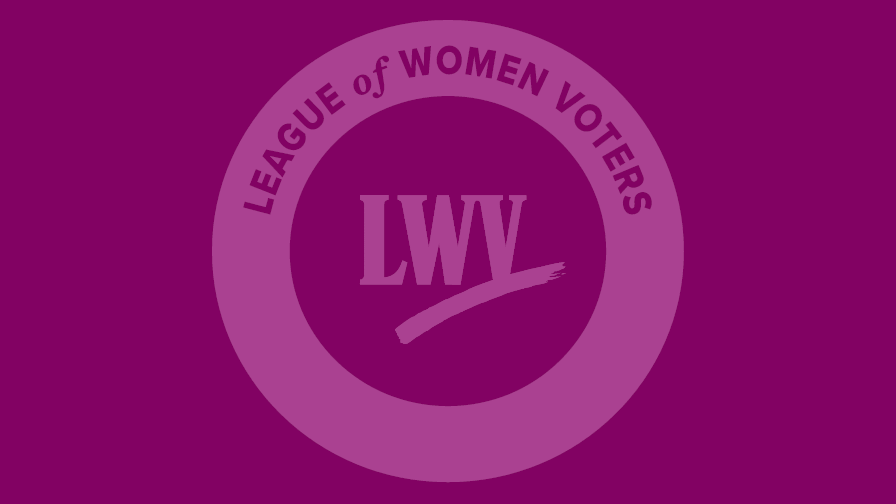COLUMBUS, Ohio — The League of Women Voters of Ohio and voter Jennifer Kucera today filed a federal lawsuit challenging provisions of House Bill 458 that affect how voters with disabilities can cast absentee ballots. The plaintiffs are represented by the ACLU of Ohio, the American Civil Liberties Union, and the law firm Covington & Burling.
HB 458, which took effect on April 7, 2023, makes it a felony for anyone other than an elections official or mail carrier to possess or return an absentee ballot for a voter with a disability, unless the person assisting the voter is included on the legal next of kin list.
But many voters with disabilities who can’t get to a polling station also don’t have access to a mailbox or ballot box, and many don’t have an “authorized” relative to mail or drop off a ballot on their behalf.
These restrictions on voting assistance unlawfully burden the voting rights of many Ohioans with disabilities and violate Title II of the Voting Rights Act and the Americans with Disabilities Act. The law also criminalizes the important work of local residents and voting assistance organizations, like the League of Women Voters of Ohio, who assist voters who rely on the assistance of others to vote.
“Ohioans with disabilities often rely on community support to ensure their voices are heard at the polls,” said Jen Miller, executive director of the League of Women Voters of Ohio. “Making it a crime to help a grandparent or neighbor exercise their right to vote is antithetical to democracy. The League is proud to help voters who need help voting, and will fight to ensure that voting assistance remains legal in Ohio.”
“I am severely disabled, live alone, and depend on a caregiver to help me with all of my daily tasks, including opening and processing my mail. I rely on voting by mail due to my limited mobility,” added Jennifer Kucera, a plaintiff in the lawsuit. “Currently, the only way I can vote is if my mobility-impaired 75-year-old mother drives me to her apartment to help me. Under current law, if for any reason she cannot help me vote, even if my caregiver is able to help, I am unable to fulfill my civic duty to vote. This must change!”
“This provision disenfranchises many Ohioans with disabilities and denies them their precious right to vote. Precluding caregivers and other trusted individuals from effectively assisting voters in casting their ballot is a cruel and abhorrent provision that the court must strike down,” added Freda Levenson, legal counsel for the ACLU of Ohio.
“HB 458 is part of a national trend to make it harder, even impossible, to vote for historically disenfranchised communities,” said Megan Keenan, staff attorney at the ACLU Voting Rights Project. “At best, this law will intimidate Ohioans with disabilities and discourage them from voting. At worst, it will jail people with only good intentions. We cannot allow this.”
“Ohio’s HB 458 is the latest attempt by anti-voter legislatures to criminalize voter assistance and suppress the vote for voters with disabilities,” said Selina Stewart, chief counsel and senior director of advocacy and litigation for the League of Women Voters of America. “The League has fought similar laws across the country and will continue to fight these heinous laws because voter assistance is not a crime and voters with disabilities should not be silenced at the ballot box.”
The groups are asking the court to strike down the restrictions prohibiting non-family assistance and order Secretary LaRose and the other defendants to allow non-family members listed in HB 458 to assist voters with disabilities in receiving and returning their absentee ballots without fear of prosecution.
Additionally, the plaintiffs ask that sufficient public notice be given about these changes, including notices to local media and postings at polling places and on the election commission’s websites.
Read a copy of the complaint here.
###

